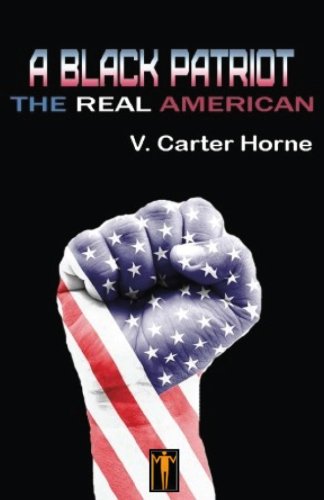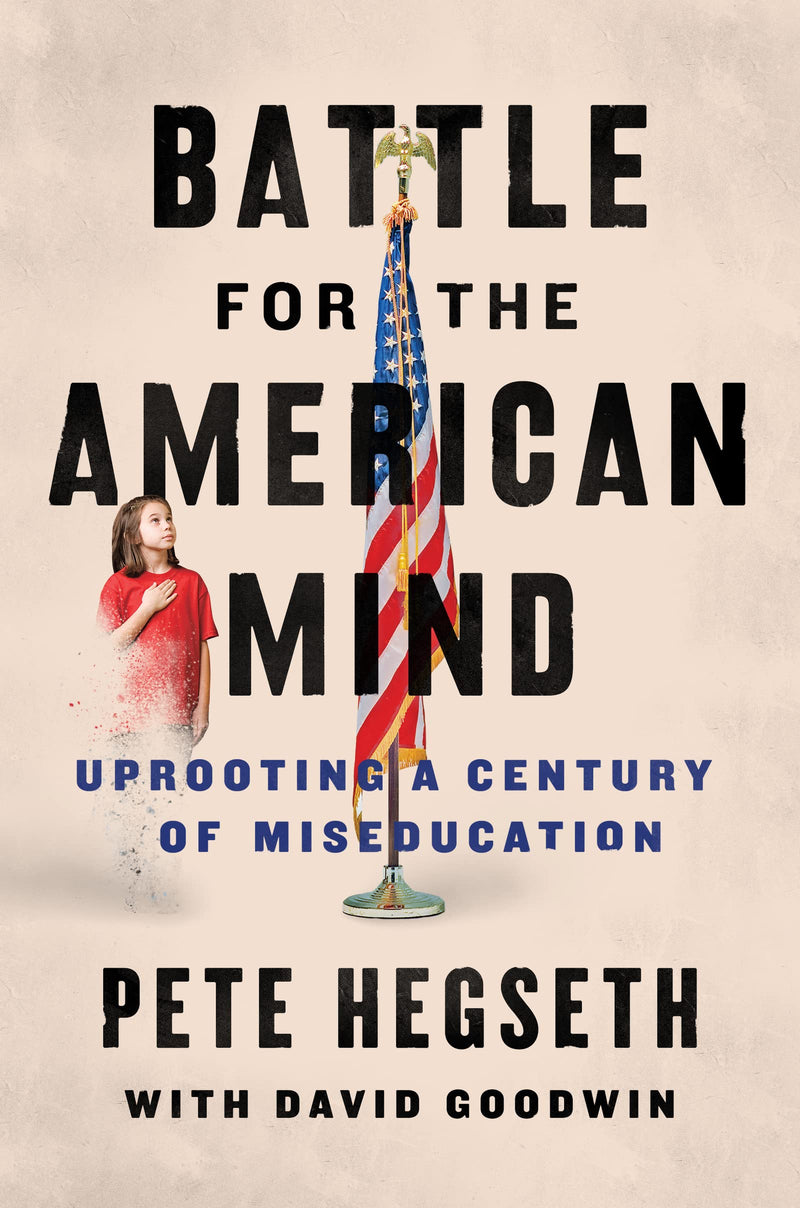David Dixon Porter: The Life and Legacy of the Distinguished Union Rear Admiral during the Civil War
ISBN: 9781692981839
*Includes pictures
*Includes a bibliography for further reading
*Includes a table of contents
“Porter is but a Commander. He has, however, stirring and positive qualities, is fertile in resources, has great energy, excessive and sometimes not over-scrupulous ambition, is impressed with and boastful of his own powers, given to exaggeration in relation to himself, —a Porter infirmity, —is not generous to older and superior living officers, whom he is too ready to traduce, but is kind and patronizing to favorites who are juniors, and generally to official inferiors. Is given to cliquism but is brave and daring like all his family... It is a question, with his mixture of good and bad traits, how he will succeed.” – Secretary of the Navy Gideon Welles
Americans have long been fascinated by the Civil War, marveling at the size of the battles, the leadership of the generals, and the courage of the soldiers. Since the war's start over 150 years ago, the battles have been subjected to endless debate among historians and the generals themselves. The Civil War was the deadliest conflict in American history, and had the two sides realized it would take 4 years and inflict over a million casualties, it might not have been fought. Since it did, however, historians and history buffs alike have been studying and analyzing the biggest battles ever since.
After the first year of the Civil War, the Confederacy was faced with a serious problem. While the South had enjoyed some stunning victories on land, they had been all but cut off from the world at sea. The more industrialized North had realized that in case of an extended war, the best way to defeat the Confederacy was to starve it of supplies. The rebels started the war with no real navy to speak of, and so the federal government quickly set up a blockade of all Southern ports and river mouths. By depriving the South of revenues derived from its main export, cotton, the North seriously injured the Southern economy.
*Includes a bibliography for further reading
*Includes a table of contents
“Porter is but a Commander. He has, however, stirring and positive qualities, is fertile in resources, has great energy, excessive and sometimes not over-scrupulous ambition, is impressed with and boastful of his own powers, given to exaggeration in relation to himself, —a Porter infirmity, —is not generous to older and superior living officers, whom he is too ready to traduce, but is kind and patronizing to favorites who are juniors, and generally to official inferiors. Is given to cliquism but is brave and daring like all his family... It is a question, with his mixture of good and bad traits, how he will succeed.” – Secretary of the Navy Gideon Welles
Americans have long been fascinated by the Civil War, marveling at the size of the battles, the leadership of the generals, and the courage of the soldiers. Since the war's start over 150 years ago, the battles have been subjected to endless debate among historians and the generals themselves. The Civil War was the deadliest conflict in American history, and had the two sides realized it would take 4 years and inflict over a million casualties, it might not have been fought. Since it did, however, historians and history buffs alike have been studying and analyzing the biggest battles ever since.
After the first year of the Civil War, the Confederacy was faced with a serious problem. While the South had enjoyed some stunning victories on land, they had been all but cut off from the world at sea. The more industrialized North had realized that in case of an extended war, the best way to defeat the Confederacy was to starve it of supplies. The rebels started the war with no real navy to speak of, and so the federal government quickly set up a blockade of all Southern ports and river mouths. By depriving the South of revenues derived from its main export, cotton, the North seriously injured the Southern economy.















